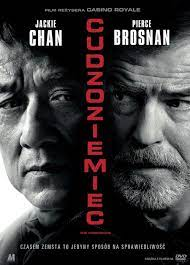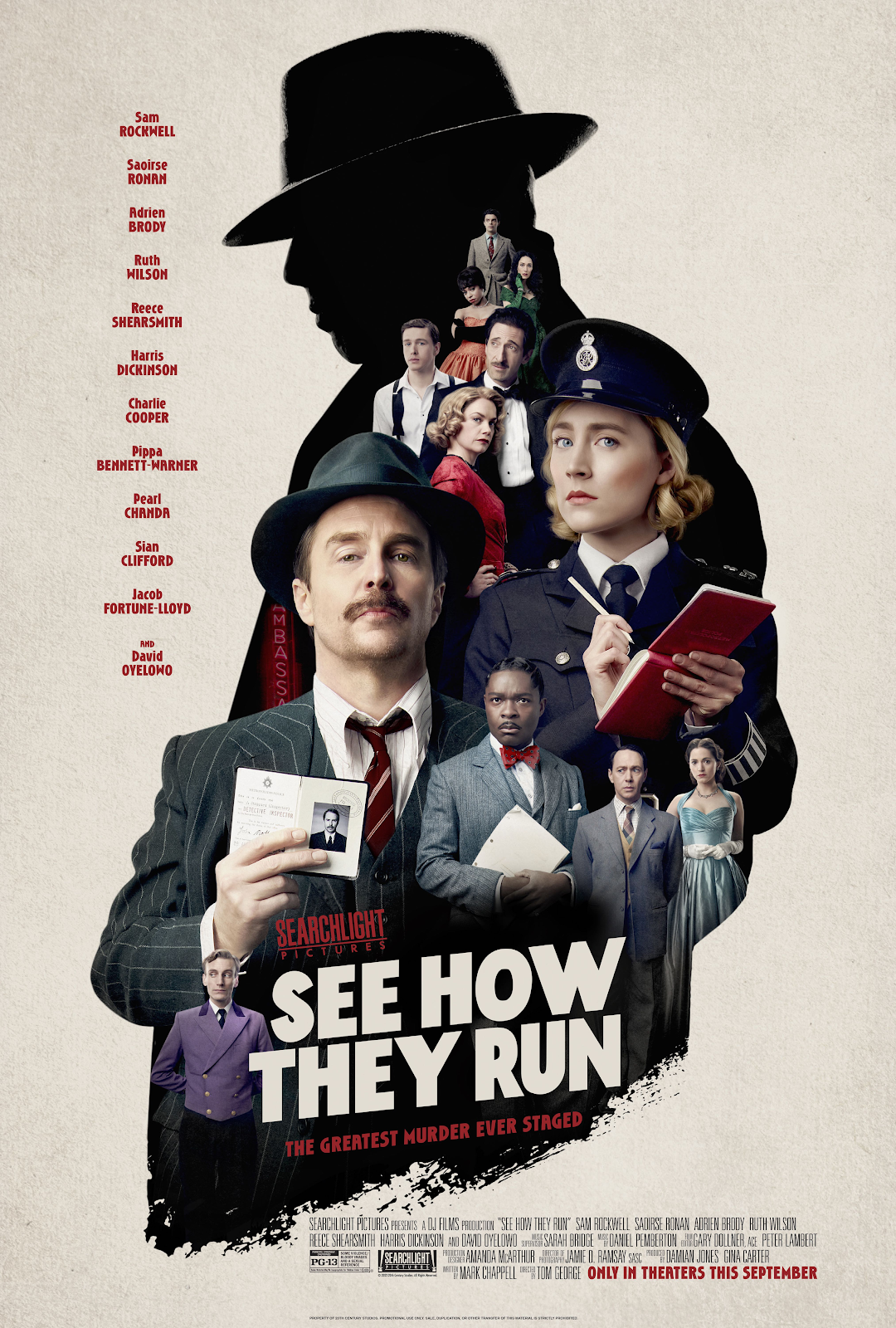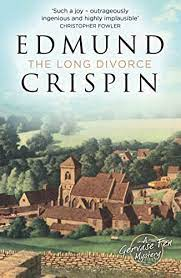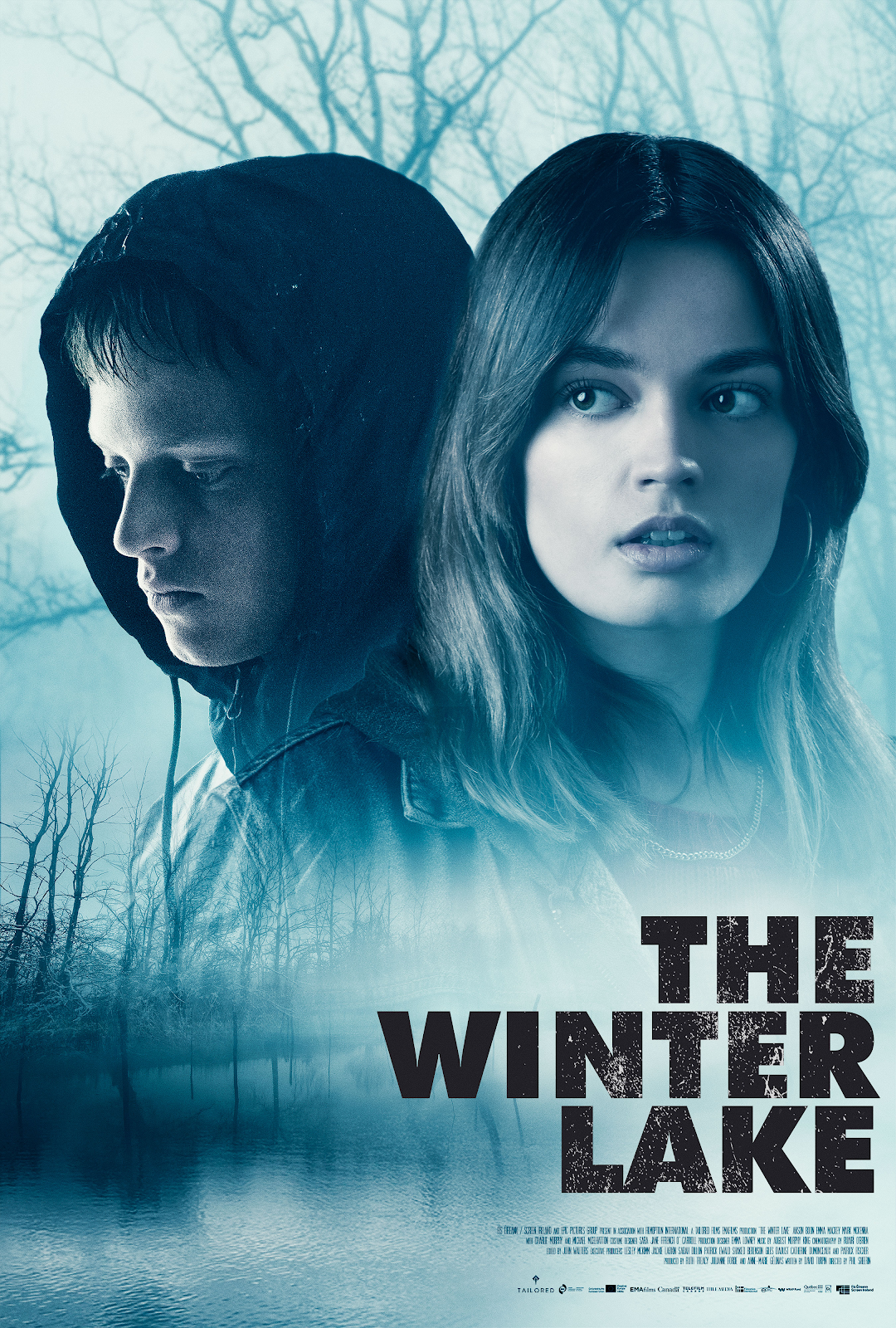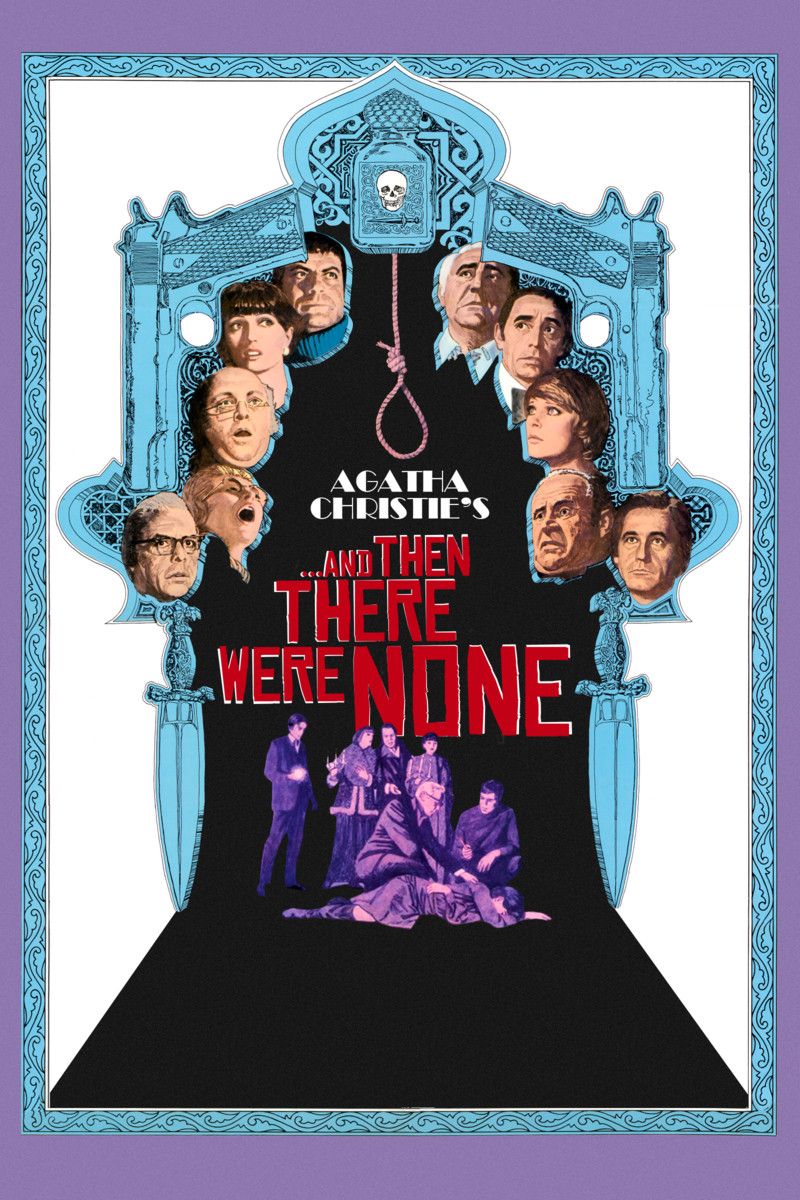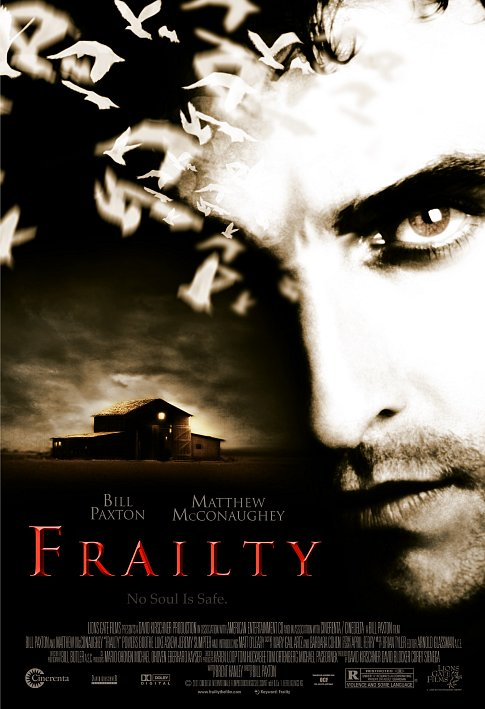I'm just back from a magical Bouchercon in San Diego. On the way back, while awaiting my flight, I heard one of my favourite songs being played, 'There's Always Something There to Remind Me', and it was truly apposite. The trip was unforgettable for many reasons, not least that I came back with a Golden Derringer award and an Anthony award, but the greatest joy was spending time with good friends and exploring a fascinating part of California.
It's hard to pick out all the highlights, but being presented with a lifetime achievement award for my short fiction by Rob Lopresti at the opening ceremonies (top photo) naturally has to feature. Only Ruth Rendell among British writers has won a Golden Derringer before, and the award is named after Ed Hoch, a great short story writer whom I had the pleasure to know and work with. I'm proud of this recognition.

The Anthony awards came after the banquet; Ann Cleeves, as a guest of honour, kindly invited me to sit at her table, one of the few times we had to catch up, so hectic was the convention. The Anthony - for The Life of Crime - was presented to me by another old friend, Laurie R. King, which was lovely (see the photo at the bottom of this post). There were plenty of parties - with Sourcebooks, my American publishers, where I had the pleasure of meeting Eriq la Salle (best known, perhaps, for starring with George Clooney in E.R. before he turned to fiction - the second photo from the top shows me with Eriq and Jeff Siger), with Severn House, with Jackie Sherbow of Ellery Queen's Mystery Magazine, and with the North American chapter of the CWA.

I took part in three panels, two of them to full houses. Elly Griffiths did a great job of moderating our panel on Agatha and the Golden Age, while there was a panel about British crime fiction, and another for the Anthony nominees for the best non-fiction book. There was a very good book room, and I came away with some treasures, notably an inscribed Christianna Brand which didn't break the bank. I was also excited to sign Japanese editions of my novels for a fan from that country.
It wasn't all straightforward - two foggy mornings and some rain reminded me of Manchester - but the weather soon improved. My phone misbehaved so badly that I made no fewer than six visits to a phone shop, but at least I didn't suffer the same misfortune as poor Steve Steinbock, who managed to drop his phone down the elevator shaft in a chance-in-a-million.
There were many fun conversations and some great dining out (and I enjoyed a fabulous consolatory ice cream at the legendary Ghiardelli's while waiting for the phone shop to reopen). Kristopher Zgorski kindly invited me to a meal at 'Werewolf', which we all survived so happily that Edwin Hill, Shawn Reilly Simmons, Stacy Woodson and I returned there for another meal. I also very much enjoyed dining with Art Taylor and his family plus Jeff Kingston Pierce.
It was great to see so many people again, some of them for the first time in ages, including Charles Todd, Becky Tope, Joni Langevoort, Josh Pachter, Amanda Brown, Peter Rozovsky, Barbara Peters, and Bruce Coffin, as well as to meet others for the first time, to name but a few Stacy, Steph Broadribb, Michael Bracken, Frankie Y. Bailey, Tim Kinsey (who amazed me by presenting me with a Sepulchre Street badge) and Jim Bartlett, a fellow Anthony nominee and husband of Wendall Thomas.





But in a convention of over 1700 people, you can't see everyone or talk to them for as long as you might like. Somehow I managed to miss Ragnar Jonasson, but he sent over a signed copy of his new book as well as giving some tips on places to visit. He was quite right to recommend La Jolla, once the home of Raymond Chandler. La Jolla Cove is amazing, with seals, sea-lions - and pelicans! A stiff climb up to La Jolla Natural Park was rewarded with fantastic views, while Balboa Park back in San Diego was really impressive.



Like Frankie, I went on a trolley bus tour on Monday, and saw many fascinating places, notably Coronado (with the famous hotel which features in Some Like it Hot), accessed by a high bridge which is not for those with vertigo, and the Old Town, which is terrific. On my final evening, I wandered along the bay, seeing a little pink boat bobbing next to the Midway aircraft carrier and many other sights that will stay in my mind for a long time. I feel so very fortunate to have had this experience. It was truly brilliant.
And now back to the keyboard!

